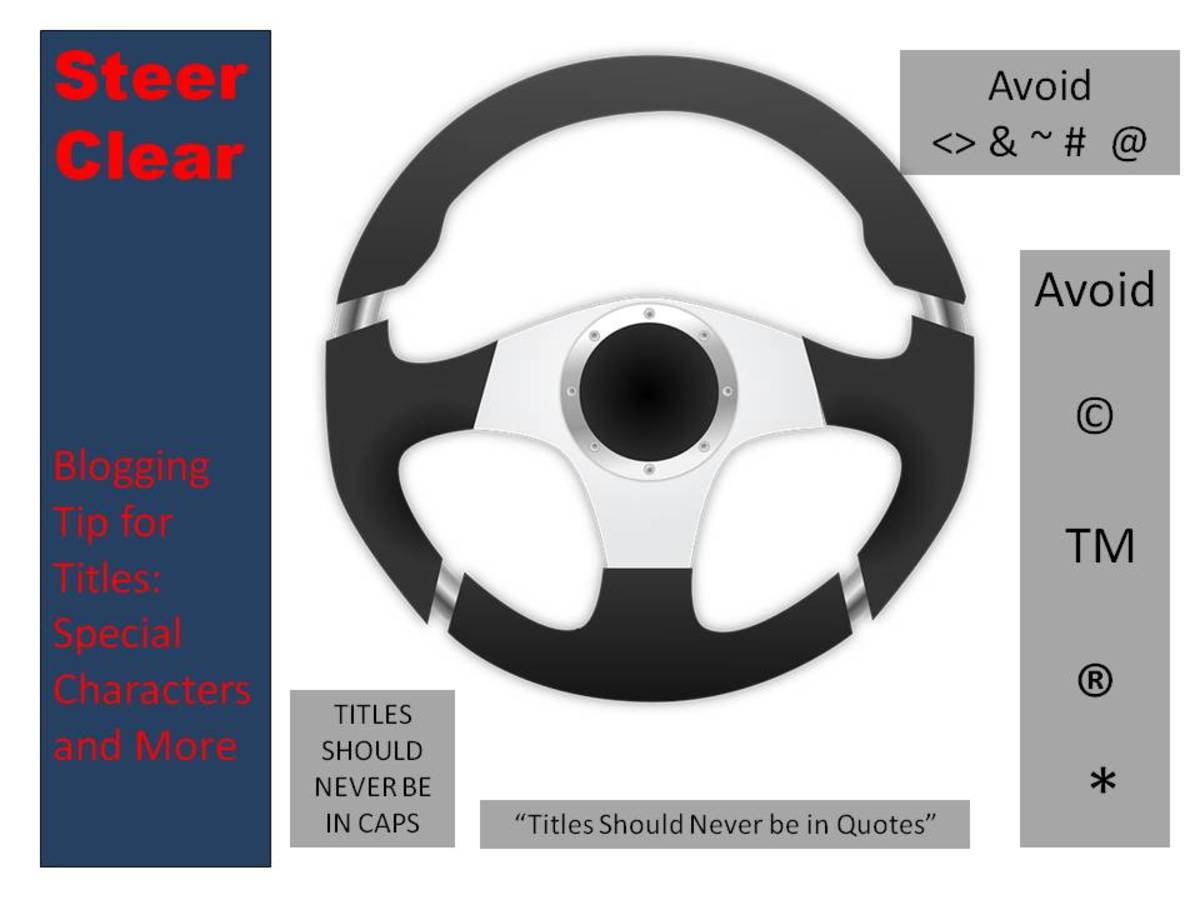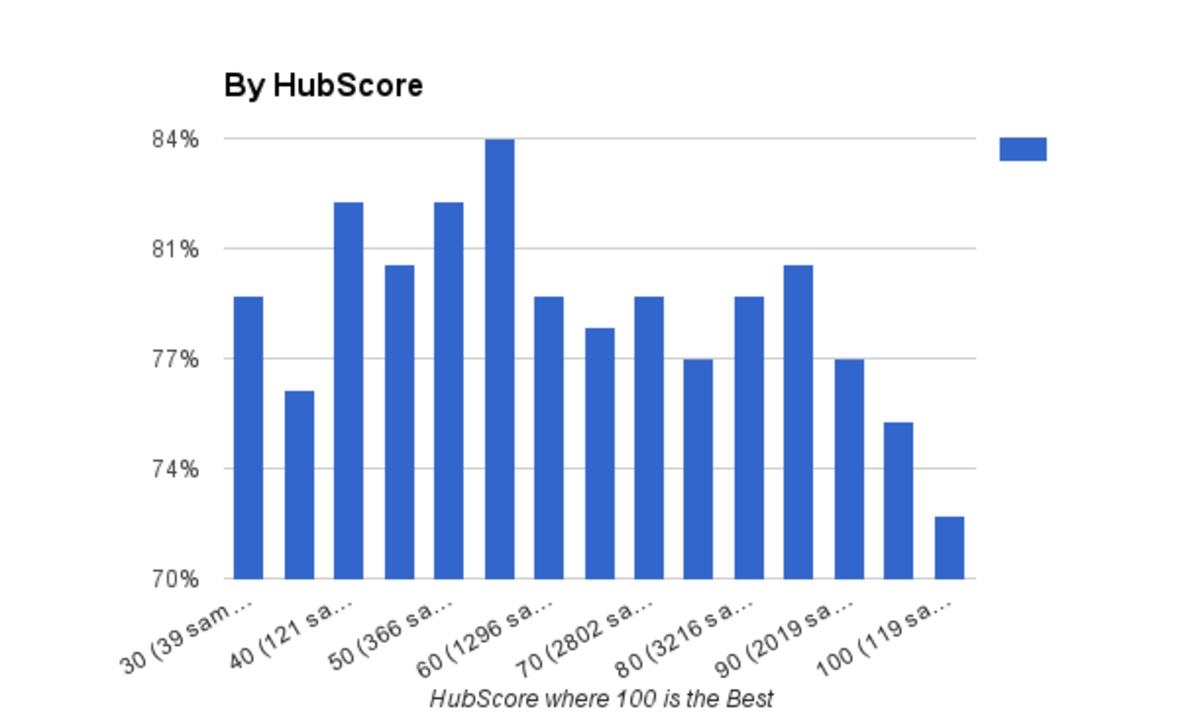Some Basic and Known Onpage SEO Techniques
Which is Your Favorite Onpage SEO Techniques
Search Engine Optimization or SEO is one of the best and cheapest methods of getting traffic to your best. If done and maintained in the proper way, SEO is one of the most efficient and everlasting methods that can help you in ranking better and getting traffic from the major search engines. There are different techniques and methods implemented in SEO among which some are ethical, while some are completely against the ethics of SEO.
SEO is mainly classified into onpage and offpage SEO, where both these methods have their own role in improving the search engine visibility of a website. Whatever SEO activities that you do on the website is generally termed as onpage SEO tactics whereas the work you do on external sites to boost your website's traffic is generally termed as offpage SEO.
Here I will like to discuss briefly about some of the most common and basic onpage SEO techniques that can be implemented on a website to improve its' overall search engine ranking. Hope you like the points mentioned below.
1) Keywords in Title Tag
The title tag is one of the most important aspects of a website when it comes to optimizing it for the search engines. The title tag should contain the keywords that clearly speak about the webpage in brief and also helps in getting better search engine ranking. When someone searches for anything on the search engines, the keywords or phrases present in the Title tag will be displayed in the search results and hence the keywords present in the Title tag has an influential role in determining the overall click through rates from search engine result pages.
2) A Call-to-Action Meta Description
The Meta description part is something that is not visible on the webpage, but one can see it in the search engine result pages along with the Title tag. The Meta description also speaks about the particular web pages and contains the most relevant keywords that are related to that web page. Creating a call to action Meta description will help to get your listing easily noticed in the search engine results page and getting a better click through ratio. I have already created a hub on the importance of well written meta description earlier which provides more insight into the same.
3) Smart Use of H1, H2 and H3 Tags.
The H1, H2 and H3 tags in the content area of a webpage are highly important for the search engines and getting variations of your keywords in these tags will surely help you in improving your search engine ranking for any particular set of keywords. Most of the webmasters tend to ignore these tabs, but ultimately these tabs are really helpful and are to be considered as a major search engine optimization technique.
4) Keyword Placement in Content
The content is another major area that is seen of high importance by the search engine spiders and hence it is still better to have variations of your major keywords to be place in the content without disturbing the readability. With the latest Google search engine updates, you need to have different variations of keywords on a webpage to improve it search engine visibility.
5) Perfect Keyword Density in Content
As per the old SEO techniques, webmasters and content writers used to stuff keywords in an aggressive manner inside the content, hoping to get better ranking. The search engines have become smarter these days and such things do not work anymore. So it is always better to maintain a perfect keyword density in the content, without inviting the wrath of the search engines.
6) Content Relevancy and Uniqueness
Another major mistake done by the webmasters is that they often get carried away doing over optimization of the websites and end up having irrelevant content on the webpages and at times also end up with content that are not unique. This is one of the major errors and in the current scenario such things will not be tolerated by the search engines and the site will surely take a backseat in the overall search engine rankings.
7) Using Keyword Variations in Anchor Text
There might be a lot of internal links inside the content or anywhere in the webpage. It is always better to use keyword variations of your major keywords as the anchor text of these links. And remember, do not disrupt the reputation of the links by having irrelevant anchor text and make sure that the keywords in the anchor text really speaks about the page to which these links are directed.
8) Provide Relevant ALT Text for Images
If you are using images in your website, then it is highly recommended to tag those using ALT texts. This will really improve your website's ranking in the image searches and results in some good and relevant traffic. Google's image search has recently revamped and is sure to provide more traffic to the websites whose images are listed in the image searches. So try to tag your image using the most relevant keyword or its variations and improve the chances of getting more organic traffic from search engines.
9) Webmaster Tool Verification
After you have done all the above mentioned points, then it is better to submit and verify your website using webmaster tool. Google, Yahoo and Bing have their own webmaster tools and you can submit and verify your website in three of them. Google Webmaster tool helps in analyzing your website in a better way and provides vital information that can help you in getting better results from your SEO campaigns.
Once you have done all the above basic SEO steps right, then you can wait and see the results in the next few months. And if you are not getting any improvement in search engine rankings even after following these steps, then you should think of going for extensive SEO campaigns to boost your keyword rankings.








